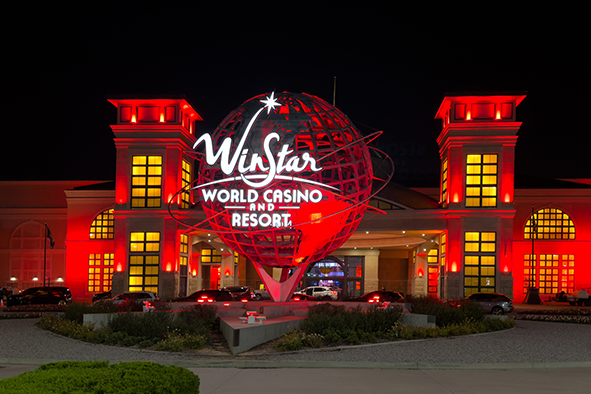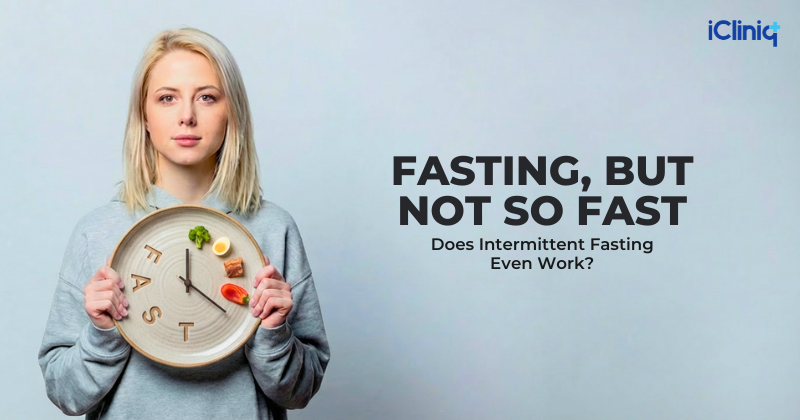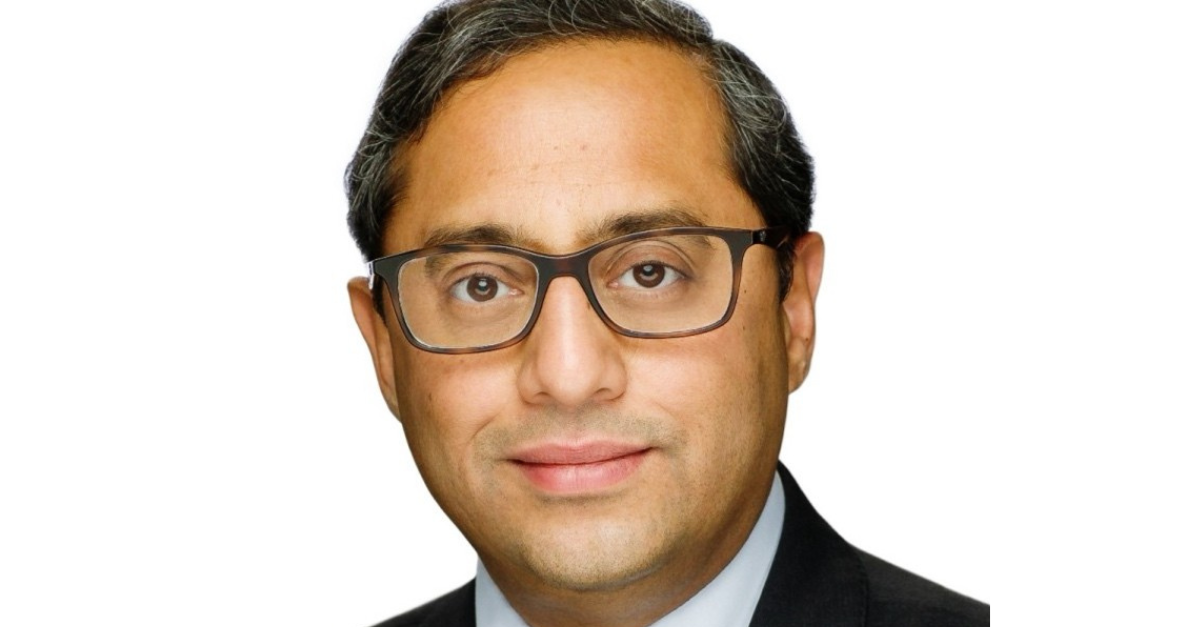Native Americans die 12 to 13 years earlier on average than Whites. Extreme poverty on reservations has been linked to alcoholism, addiction, and deaths of despair. Poor health played out dramatically during COVID, when Native Americans had some of the highest death rates in the country.
But they can live slightly longer when a casino is built on tribal lands, a new study finds.
What’s the connection? White Americans live longer, thanks to higher incomes they use to pay for quality medical care and food and safe housing. A similar effect comes from successful gambling operations that generate income for tribal governments and put more money into the local economy as workers patronize stores, restaurants, farms, and entertainment venues, according to researchers at UCLA and Johns Hopkins University.
When a casino opens on tribal lands, the longevity of Native American men living on or near the casino improves. Comparing their mortality rate over 20 years with the rate for men of other races who also live in the area, the researchers found that the gap between them declined 7.4 percent.
In about two-thirds of these casinos, some of the profits are distributed directly to tribal members. In response to these cash transfers, the longevity gap between Native American women and other women declined by 9 percent. Importantly, when a casino makes these payments, everyone in the area benefits regardless of their sex or race.
The longevity gains from the economic activity also spill over to the broader community. “The cash transfer is only provided to tribally enrolled American Indian citizens of that tribe but the improvement in mortality accrues to all people,” the researchers said.
They relied on Medicare data to identify Native Americans, which include people over 65 as well as younger adults who are also on Medicare because they receive federal disability benefits. But the longevity gains from casino openings and cash transfers were confined to older people.
Difficulty securing small business loans, poverty, a reliance on decisions at the federal level – myriad challenges face tribal governments and businesses trying to build up their local economies.
The economic activity around the casino operations demonstrates the dramatic impact it can have in improving tribal members’ lives.
To read this study by Randall Akee and Emilia Simeonova, see “Economic Development, Unearned Income and Mortality: Evidence from Tribal Casinos?”
The research reported herein was performed pursuant to a grant from the U.S. Social Security Administration (SSA) funded as part of the Retirement and Disability Research Consortium. The opinions and conclusions expressed are solely those of the authors and do not represent the opinions or policy of SSA or any agency of the Federal Government. Neither the United States Government nor any agency thereof, nor any of their employees, makes any warranty, express or implied, or assumes any legal liability or responsibility for the accuracy, completeness, or usefulness of the contents of this report. Reference herein to any specific commercial product, process or service by trade name, trademark, manufacturer, or otherwise does not necessarily constitute or imply endorsement, recommendation or favoring by the United States Government or any agency thereof.
Publisher: Source link










